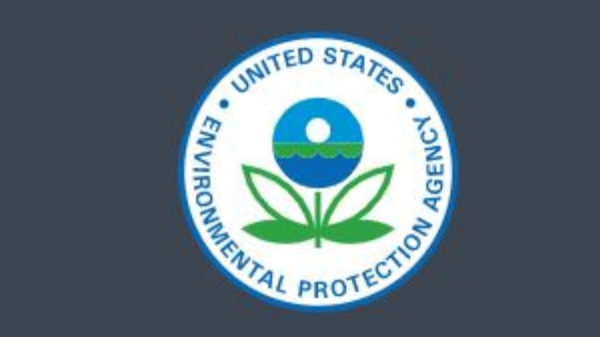May 25, 2023 Washington, D.C. – The Environmental Protection Agency released the final rule on Plant Incorporated Protectorants (PIPs), and Dr. Max Teplitski, Chief Science Officer of International Fresh Produce Association (IFPA) BB #:378962 has issued the following statement:
Today, EPA released its final rule on Plant Incorporated Protectants (PIPs). Even though IFPA, other organizations and researchers provided EPA with abundant science-based feedback throughout the process, we are disappointed in the profoundly misguided and ill-informed document released by the agency. Its harmful consequences will be far-reaching.
On this rapidly warming planet, our ability to produce food that will sustain and nourish the population that is about to exceed 8 billion is threatened by the lack of land suitable for agricultural production. A number of synthetic inputs (both pesticides and fertilizers) are already out of reach of growers. Further, no effective chemicals to control many plant pests and pathogens exist.
In fact, crops like citrus, bananas and cacao are on the verge of extinction from commerical production because of citrus greening, Fusarium oxysporum and Phytophtora, thus undermining local economies, trade and nutritional security. Many temperate staple crops are similarly under threat of new pests and diseases encroaching with the raising temperatures. The only opportunity to prevent Irish potato famine-like devastation is to invest into novel modern breeding-based approaches. Make no mistake: EPA’s final rule on Plant Incorporated Protectants brings us not one, but many steps closer to such a devastating outcome.
First, EPA fails to provide even a hypothetically reasonable scenario under which a loss of function resulting from editing a single nucleotide can conceivably result in plant that can be harmful to humans or the environment.
In fact, such scenarios cannot conceivably exist, because gene editing under the SECURE Rule framework does not generate crops that cannot otherwise be bred using traditional (but much slower) approaches.
The bureaucratic burden that this rule erects to disprove such an inconceivable and improbable hypothesis will kill innovative start-ups, dissuade academic and government researchers from even considering working on these projects, and will rob growers – once again – of tools of food production.
Second, EPA departs from the long history of US regulatory rule making that focused on outcomes, and not on the process. The process of gene editing is not any more dangerous than other plant breeding approaches.
However, by creating a process-based rulemaking (instead of focusing on outcomes), EPA threatens to hurl down a dangerous slippery slope of inserting itself into the process of innovation. This will stifle domestic innovation. No one expects EPA regulators to understand cutting edge technologies, and the agency’s insistence on inserting itself into the discovery process will ensure no positive outcomes for consumers, for the innovation economy, and – frankly – for the planet.
Lastly, this EPA rule raises questions on the role of the agency in achieving the Biden Administration’s goals in advancing biotechnology and biomanufacturing innovation for a sustainable, safe and secure American bioeconomy (as laid out in the Executive Order from 9/12/2022) and the Administration’s efforts to combat climate change. Do the agency and its leaders see a role for themselves in advancing these priorities?
About the International Fresh Produce Association (IFPA)
The International Fresh Produce Association (IFPA)?is the largest and most diverse international association serving the entire fresh produce and floral supply chain and the only to seamlessly integrate world-facing advocacy and industry-facing support. We exist to bring the industry together to create a vibrant future for all. We grow our member’s prosperity by conducting advocacy; connecting people and ideas; and offering guidance that allows us all to?take action?with purpose and confidence.? While IFPA is built on the legacy of United Fresh and Produce Marketing Association, it is not just a combination. It is transformational. Recognizing the industry required an even more powerful and unified voice, the leaders of the former United Fresh and Produce Marketing Association chose not to merge, but rather to create an entirely new organization to supersede their organizations, effective January 1, 2022.
Contact: Ashley Sempowski, ASempowski@freshproduce.com +1 (202) 303-3406



